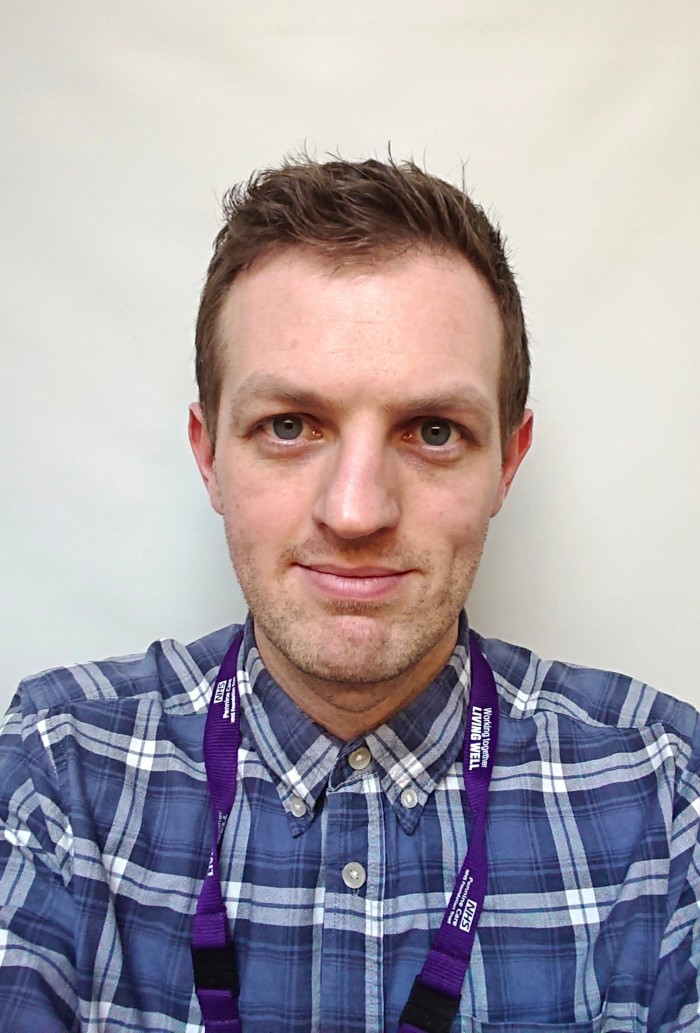Published on: 17th March 2020
Dr Adam Postlethwaite is a clinical psychologist from Tameside and Glossop adult learning disabilities service.
 We caught up with Adam to find out about a new group to support people with learning disabilities - and how we can all do a bit more to support them:
We caught up with Adam to find out about a new group to support people with learning disabilities - and how we can all do a bit more to support them:
"People with learning disabilities experience the same range of emotions and go through the same challenges as we all do. Their vulnerable position in society means that often they face more adversity than most people and often don’t have the same opportunities in life.
My advice is to treat them as you would anyone else that you care about, while being understanding of their difficulties. Don’t avoid talking about important topics just because they’re difficult or uncomfortable. And support them to have lives that are diverse, meaningful, and fulfilling.
My role is quite diverse, but typically it involves meeting a person and those around them. Then I develop a plan of how to meet their needs, or manage behaviours that others find challenging. This can include a range of psychological and therapeutic techniques, working with other people and organisations.
The path to a career in clinical psychology can be difficult and it can be a real challenge to get on to the training, but it’s worth being patient. It’s always rewarding to see a positive change in someone’s life and to feel that you were part of the process of change. It’s most rewarding for me when someone feels they no longer need my input because they’re feeling more confident and skilled, as a result of the work we’ve done together.
I think it’s important to maintain interests outside of work and I have quite a few hobbies. In all honesty, I’m a bit of a geek and I enjoy playing online games with friends. I’m also a bit of a photography enthusiast and like to get out and about with the camera. I find it encourages me to be creative and to visit new places.
A recent innovation I’ve been involved with is our coping skills group, developed with the Oldham learning disabilities team and piloted in Oldham. We’ve noticed that people with learning disabilities often haven’t been equipped with skills to regulate their emotions effectively, or they’ve developed unhelpful strategies; such as self-harm, self-injury, aggression towards others, or placating others.
In the group we teach a range of skills related to mindfulness, regulating emotion, distress tolerance, and assertiveness. It also provides a safe space for people to feel understood and validated, and to share their experiences with peers. This peer interaction is really helpful. We’ve had lots of positive feedback and we’re hoping to run it in different boroughs."